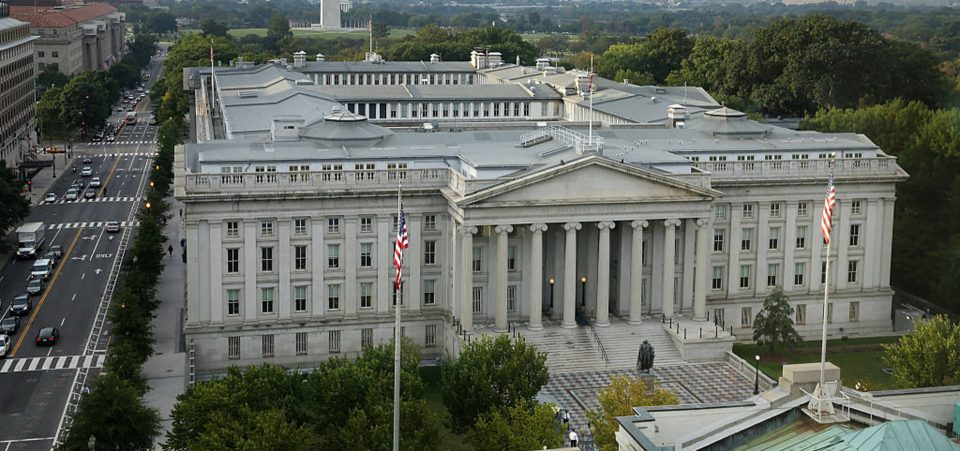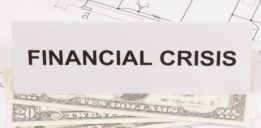Hedge Funds Could Cause Next Blowup, So FSOC Wants More Scrutiny
The Financial Stability Oversight Council (FSOC) has decided to keep a closer watch on hedge funds. Simply put, the FSOC fears that hedge funds could blow up the financial system. Hedge funds are not about banking, so the law does not require them to apply for a license from a bank regulator. (Source: “Treasury officials are warning hedge funds could create the next big financial blowup,” Vox, November 25, 2016.)
Hedge funds also slip through the control mechanisms of market regulators like the Securities and Exchange Commission (SEC) because they don’t endorse securities. They also avoid public scrutiny because hedge funds are not open to regular folks. Such is the freedom of movement within the financial system that they enjoy. But perhaps it is too much freedom, suggests the FSOC, which fears that hedge funds could trigger the next major financial blowup. (Source: Ibid.)
A hedge fund was the trigger for one of the largest-ever bailouts in recent memory. Ten years before Lehman Brothers and Bear Stearns prompted a bailout of banks that were deemed “too big to fail,” it was a hedge fund that needed help. Long-Term Capital Management (LTCM) went long on margins, and then had nothing left to hedge itself against Russia’s defaulting on its national debt in August 1998. (Source: Ibid.)
The U.S. Department of the Treasury covered LTCM by putting together over $3.6 billion in aid. Therefore, the FSOC has reason to raise concerns about hedge funds. The FSOC, the U.S. authority, has designated banks and insurers as necessary for financial stability. Now it has examined the risks associated with leverage and liquidity, including capital. It has found that “alternative money management systems,” i.e. hedge funds, pose a grave risk to the system at large.
Hedge funds do provide some data to the SEC. Based on that data, the FSOC has calculated that the 10 largest funds have a debt ratio on the net value of their assets that is 6.5 times higher than the ratio in the sector. (Source: “U.S. Regulators to Focus on Borrowing at Large Hedge Funds,” The Wall Street Journal, April 18, 2016.)
The authority considers that, because of the varied nature of counterparties in these funds, none of the regulating bodies fully understand the risks that hedge funds are taking. Secretary of the Treasury Jack Lew launched a working group of experts from the various regulatory agencies to investigate these matters. He stressed the need for further analysis. (Source: Ibid.)
That time is coming. Two weeks ago, Jonah Crane, Lew’s deputy, hinted that the FSOC will be watching hedge funds more closely. Crane highlighted two types of risk that hedge funds cause to the economy in general. He identified forced asset sales and counterparty risk. The first suggests that if one fund fails, it can set off a chain reaction of failures at other funds. The second holds that hedge fund failure can infect interconnected financial institutions. (Source: Vox, November 25, 2016, op cit.)
The FSOC distinguishes between mutual funds and hedge funds. Mutual funds take “mild” risks and can only go long. Hedge funds go long and short; they can invest in options and other derivatives, significantly raising their risk profile. The FSOC proposes paying closer attention to the kinds of risks that hedge funds take. It wants to avoid another taxpayer-funded bailout of the area of finance that it sees facing the greatest risk.






